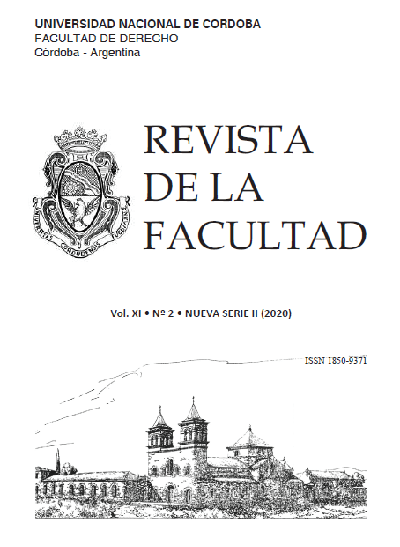ECONOMIC VIOLENCE TOWARDS WOMEN IN BRAZIL: ITS ACKNOWLEDGEMENT AND APPLICATION
Keywords:
Patrimonial Violence, Maria da Penha Law, Gender Inequality, Abuse of Right, Family RelationsAbstract
In Brazil, the Maria da Penha Law, number 11340, created on August 7, 2006, criminalized violence in the domestic sphere. Among the types of violence typified in article 7º, we find, in section IV, the description of patrimonial violence understood as “any conduct that constitutes retention, subtraction, partial or total destruction of its objects, work instruments, personal documents, property, values and rights or economic resources, including those destined to satisfy their needs”. The main purpose of this type of violence is to leave the woman without any material possibility of restarting her life, or of intimidating her by saying that without him she has nowhere to go. In Brazil, manifestations of patrimonial violence according to the Maria da Penha Law are very rare, since some judges still apply the absolutist excuses provided for in Articles 181 and 182 of the Brazilian Penal Code, which states that “it is a penalty to commit any of the crimes provided in this title in detriment: I- of the couple, in the constancy of the conjugal society; II- of the ascendant or descendant,
be it the legitimate, illegitimate, civil or natural kinship “. So, if the aggressor is the husband, father, son or brother, he may not be punished. Although in Brazilian courts the condemnation of patrimonial violence is very rare, it is essential to recognize it as a type of violence that, like all others, contributes to the cycle of gender inequality and the perpetuation of the abuse of rights in the relations of family.
Downloads
Published
Issue
Section
License

This work is licensed under a Creative Commons Attribution-NonCommercial-NoDerivatives 4.0 International License.
La publicación del artículo implica la donación de los derechos de autor a la Facultad de Derecho, conservando el autor su derecho a utilizar el artículo en publicaciones de su autoría o páginas web referidas a su trayectoria. Para el caso de otro tipo de publicaciones, antes de su utilización, deberá obtener autorización de la facultad.


